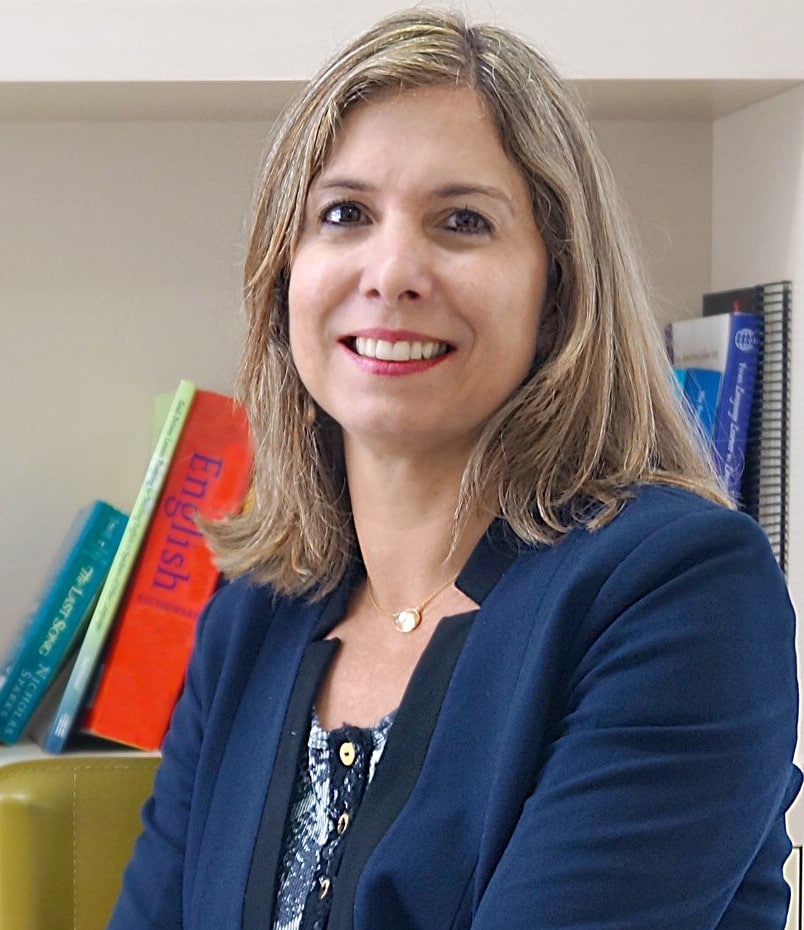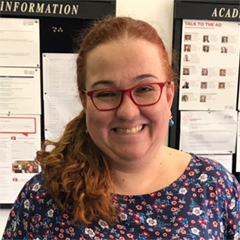Five reasons why we should talk about writing
In my last post, I wrote about why it seems to me that the topic “teaching writing” is avoided in ELT conferences. Now I’m going to mention why I believe it is a topic that should receive more attention, and I’m going to do so by relating it to some of the hot topics in the last Braz-Tesol conference and others I’ve attended recently.
- Critical thinking
Bloom’s revised taxonomy (Krathwohl, 2002) has been repeatedly mentioned in the past few years, and it was no different in the Braz-Tesol conference. It is indeed important that we carry out activities that develop higher order thinking skills, such as analyzing, evaluating, and creating. Writing plays an integral role in these three processes. When students compose texts in different genres, after having gone through the process of analyzing the given genre, generating ideas and planning their writing, drafting, engaging in self and peer assessment, and rewriting, the highest levels of critical thinking are involved. Thus, a well-developed writing lesson is crucial in every classroom in which developing critical thinking is a goal.
- Bilingual education
This was arguably the hottest topic in the conference, first because we need to clarify what bilingual education really is, and second because we need to find effective strategies to integrate content and language development. CLIL (Content-language Integrated Learning) is about developing academic literacy, and a major component is writing in the different content areas. Students need to learn to write lab reports, book reviews, essays, summaries, and the like in order to be fully academically literate. Knowing how to implement the genre approach to ESL/EFL writing is, thus, a skill every teacher in a bilingual education context needs to develop.
- Technology and 21st Century skills
Besides critical thinking, there are other 21st Century skills that need attention in every classroom, such as collaboration, communication, and creativity. Again, well developed writing assignments can easily tap into these skills. Meaningful, authentic topics, written for real-life purposes, can give students a genuine sense of communication. Students can work collaboratively on pieces of writing using google docs and other resources, as well as give feedback to each other using technology. They can write scripts that then become videos produced either individually or collaboratively, and they can subsequently provide written feedback on each other’s videos. There are countless creative writing activities that teachers can carry out in their classrooms. A good start is to read Alan Maley’s article on the British Council website.
- Assessment
Another topic that was covered in a great number of sessions in the 15th Braz-Tesol International Conference was assessment, with a special focus on formative and authentic assessment. Process writing is the quintessential example of formative assessment because it allows students the opportunity to receive feedback from peers and the teacher and revise their writing, ideally as many times as necessary. It is a true example of assessment for learning rather than of learning. Besides, by way of writing assignments, one can assess students’ language development in a much more authentic manner than with selected-response or fill-in-the-blanks exercises. Performance tasks assess learners’ authentic production in either speaking or writing. It is no wonder that the Internet-based TOEFL assesses grammar use by way of speaking and writing activities, rather than discrete test items.
- Developing agency in non-native speakers
Three of the Braz-Tesol plenary speakers addressed this topic in one way or another. Just as non-native English teachers need to negotiate their status in the ELT community, so do non-native speakers in other careers. They need to be empowered and to develop agency. Writing is a powerful tool for this. People who can write effectively in their own language and in a second language, especially an international one such as English, will certainly have more access to academic and professional opportunities than those who can’t. They will also be able to advocate for their rights. Besides all the other genres exemplified above, English learners need to be able to respond to blog posts or news articles that they find offensive or that they want to support, or complain about services and demand compensations, for example. In addition, they will be more successful in their careers if they build professional learning communities, and writing in English will certainly play an important role. Think about the most well-known ELT professionals in Brazil. Even if they don’t publish academic articles or books, they all write for blogs, comment on other people’s posts, and post on social media, and they all do this very effectively.
Writing effectively in a variety of genres is a more powerful gatekeeper than we think. Let’s make sure we do not prevent our students from mastering this very powerful communication skill.
Reference:
Krathwohl, D. (2002). A revision of Bloom’s taxonomy: An overview. Theory Into Practice, 41(4), 212-218.







